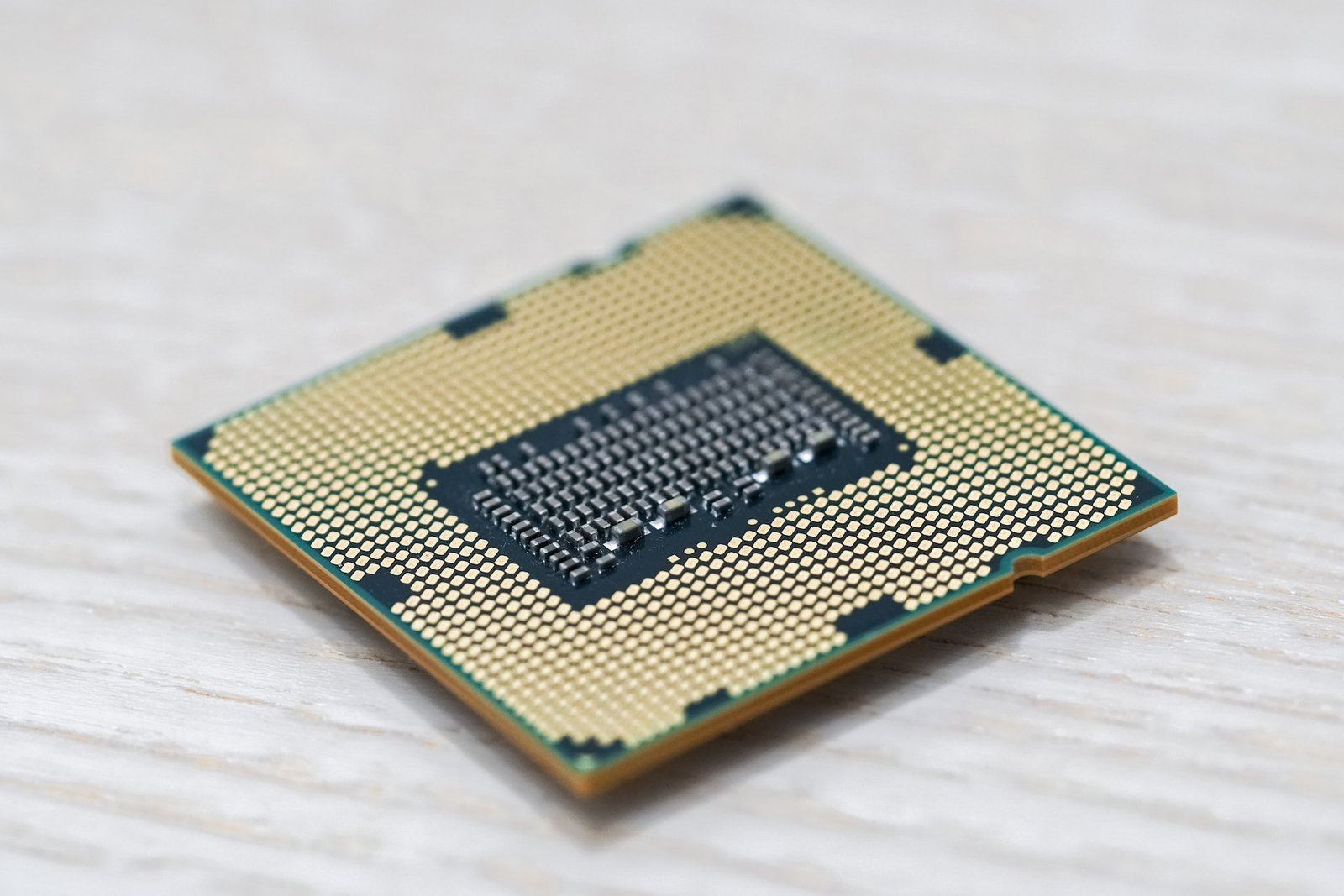The modern world relies heavily on technology, and at the heart of nearly every digital device lies a tiny but crucial component: the semiconductor chip. From laptops to smartphones, cars to appliances, these chips are the unsung heroes that power our lives. However, a global chip shortage has been wreaking havoc on industries worldwide, with computer firms taking a particularly hard hit.
Understanding the Global Chip Shortage
Before we delve into its impact, let’s understand the root causes of the global chip shortage. The pandemic, which disrupted supply chains and caused massive fluctuations in demand, played a significant role. As people worldwide shifted to remote work and online learning, there was a sudden surge in demand for laptops, tablets, and other electronic devices. Simultaneously, the automotive industry, which also relies heavily on semiconductors, saw a dip in production due to lockdowns.
This perfect storm created an imbalance in the semiconductor supply chain, causing a ripple effect that continues to affect various industries, including computer firms.
Impact on Computer Firms
- Delayed Product Releases: Computer firms depend on a steady supply of chips to design and manufacture their products. The chip shortage has led to delays in product launches, leaving consumers waiting for the latest laptops, desktops, and components.
- Increased Costs: To secure the chips they need, computer firms are often forced to pay premium prices, driving up production costs. These additional expenses can either be absorbed by the companies, resulting in lower profits, or passed on to consumers in the form of higher prices.
- Supply Chain Disruptions: The shortage has disrupted supply chains, making it challenging for computer firms to source critical components. This has led to production bottlenecks and uncertainty in meeting customer demand.
- Reduced Innovation: Many computer firms have been forced to scale back their research and development efforts as they grapple with chip shortages. This means that innovations that could drive the industry forward are put on hold.
- Loss of Competitive Edge: In an industry known for its rapid innovation and fierce competition, being unable to deliver products on time or having to compromise on features due to chip shortages can erode a company’s competitive edge.
The Road Ahead
The global chip shortage is a stark reminder of the interconnectedness of our world. It emphasizes the need for diversification in supply chains, increased investment in semiconductor manufacturing, and better forecasting capabilities to anticipate market fluctuations. While computer firms are currently navigating rough waters, the hope is that this crisis will ultimately lead to a more resilient and adaptable industry.
In the meantime, computer firms are finding creative ways to cope with the shortage, such as redesigning products to use alternative chips or forming strategic partnerships with semiconductor manufacturers.
In conclusion, the global chip shortage has cast a long shadow over computer firms, affecting their operations, bottom line, and ability to innovate. As the world continues to grapple with this challenge, it is a testament to the resilience and adaptability of the technology sector. While the road ahead may be challenging, it’s also an opportunity for the industry to emerge stronger and better prepared for future disruptions.





